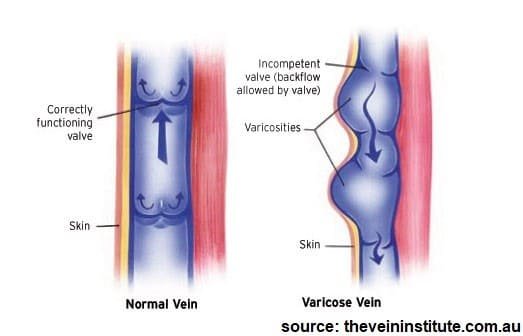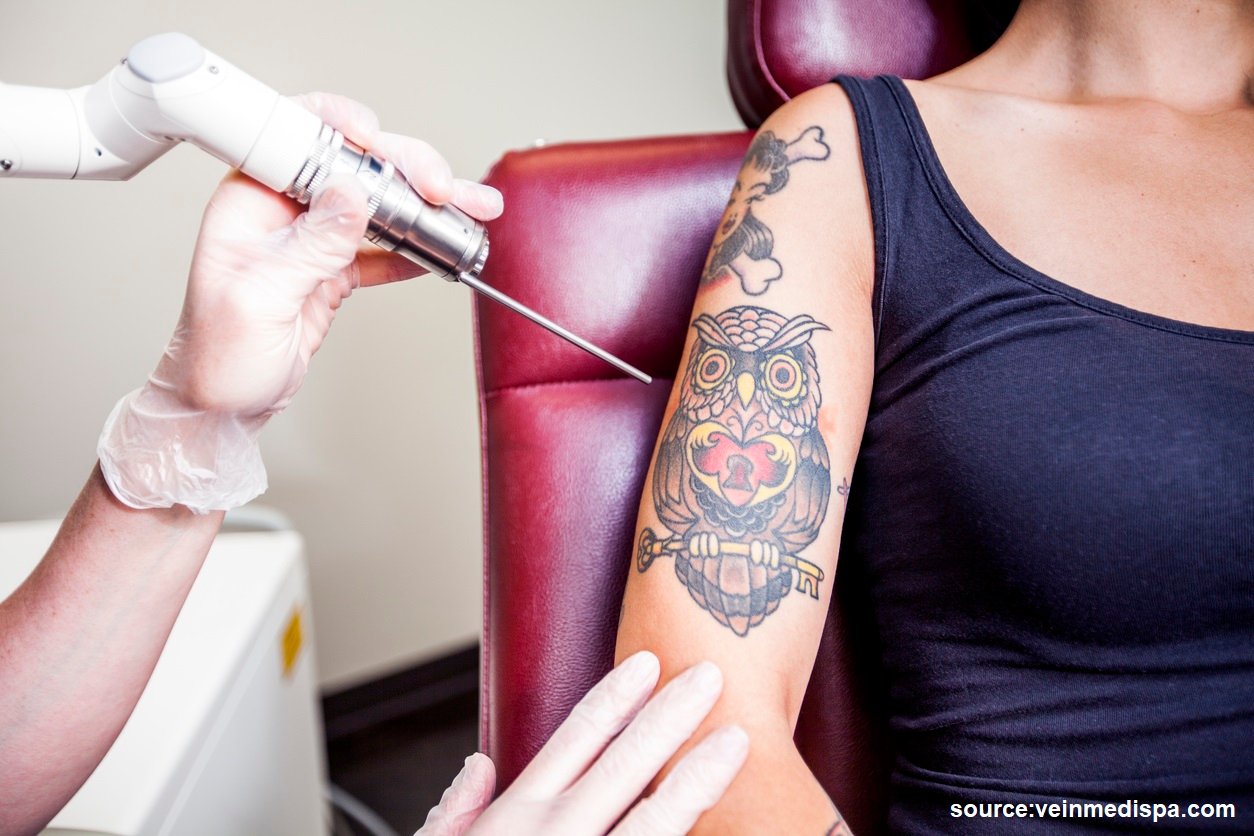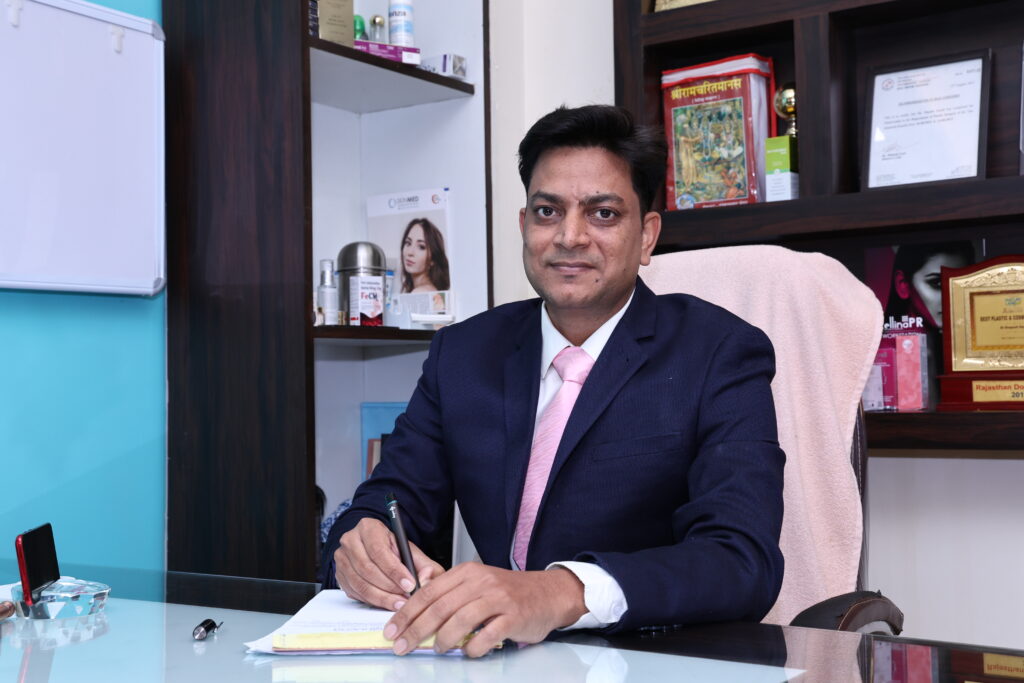Tattoos have evolved into a significant part of our society. In Jaipur, women and men of all ages showcase them as works of art and share their individuality. As a result, they go to a centre for plastic surgery in Jaipur to get their tattoos.
Tattoos are often used to conceal a flaw on the body, such as a birthmark, scar, or another tattoo. As tattoos are a good way to cover things, you may be thinking, “Should I tattoo over my varicose veins?”. Unfortunately, having a tattoo is not advised because it can lead to serious and painful complications.
What are varicose veins?
Varicose veins are a sign of a vein condition known as venous insufficiency. When one-way valves in veins fail, blood may flow backward or pool and accumulate in the vein. The vein may become elevated, bloated, and discolored with time.

Varicose veins, if left unchecked, may get very painful and lead to other severe conditions. These conditions include Deep Vein Thrombosis (DVT), venous ulcers, and superficial thrombophlebitis. Hence, it is important to get the treatment of varicose veins.
Why should you avoid tattooing over varicose veins?

Tattoos can be harmful even if your skin is free of varicose veins. This is because there is still a risk of developing an infection. When you ink on your varicose veins, the dangers get much greater.
For one thing, you do not get the desired outcome. The bulging vein will cause your tattoo to look distorted in unusual ways. Furthermore, having a tattoo necessitates applying pressure to the skin while repeatedly deploying a needle.
This may cause the vein to burst, bleed into the surrounding tissue, and infect the area.
Another explanation to stop tattooing varicose veins is that they can become difficult to see. It may be a safe way for you to cover the vein, but the doctor will have a hard time finding it and diagnosing and treating it properly.
Other alternatives to tattoos
If you want to cover up your veins with a tattoo, skin-colored compression stockings are a good option. They not only hide the veins well, but they also improve blood supply and relieve symptoms like pain and swelling.
You can also do several different things to help you treat your condition. Try doing physical exercise and have a diet abundant in antioxidants and bioflavonoids. It will benefit your circulatory system. Arnica cream has also been found to ease some of the pain and irritation caused by varicose veins.
Get proper care for varicose veins
You will want to look at more permanent recovery choices now that you know tattoos are not recommended for covering varicose veins. While surgery is one of them, several highly successful non-surgical procedures can be done at your doctor’s office without the need for general anesthesia or a hospital stay.
Treatments that are minimally invasive include:
- Endovenous laser therapy (EVLA): a technique that involves using ultrasound to direct radiation from a laser through a vein, allowing it to clot and block blood flow.
- Sclerotherapy: a solution is injected into the vein that irritates the vein walls, allowing them to close.
- VenaSeal: VenaSeal is a special glue that is injected into the vein, closing it off and blocks blood flow.
If you have varicose veins, we suggest making an appointment with a vein specialist. They will go through your medical history, assess your problems, and suggest the right course of treatment for you.

